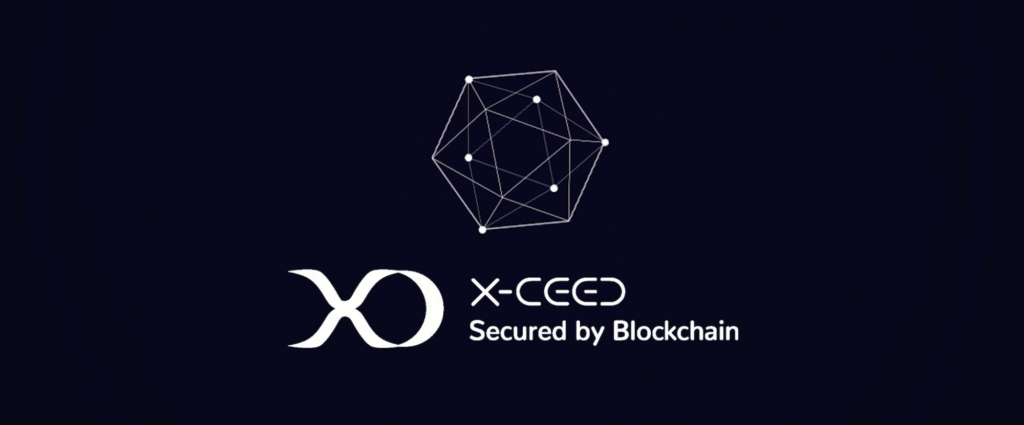Renault builds blockchain solution for component certification
22 April 2021

Groupe Renault has unveiled a blockchain solution built for the European automotive industry to certify the compliance of vehicle components. The carmaker developed XCEED (eXtended Compliance End-to-End Distributed) alongside Faurecia, Knauf Industries, Simoldes, and CoÅŸkunöz, and in association with IBM.
These companies have now signed a partnership contract to deploy the tool, allowing the compliance of thousands of vehicle parts to be traced in near real-time by OEMs and suppliers alike. This announcement follows the successful testing of XCEED at Renault’s Douai plant and will soon be deployed to partner sites around Bursa in Turkey, Palencia in Spain and Douai in France.
′XCEED is a powerful tool for transforming the automotive industry by enabling operational excellence for the whole ecosystem, including smaller players that would not have been able to invest in such technology otherwise,’ said Odile Panciatici, coordinator of the XCEED project at Renault.
A quick explanation
Before understanding the benefits of a specific tool like XCEED, it is important to understand how blockchain works. The technology is effectively a decentralised ledger that records online value transactions. Also known as distributed-ledger technology, it makes the history of a digital asset unalterable and transparent through decentralisation and cryptography.
One analogy is a shared online document that a group of people can record and distribute. Instead of being copied over and over again, everyone has access to the same material at the same time. All additions are recorded and observable, so the potential for fraudulent behaviour is, in theory, removed. The potential applications of blockchain are vast, from cryptocurrencies to art trading and supply chains.
′Blockchain proved its value in providing a new way to manage traceability and compliance in the food industry, in supply chain and others,’ said Dirk Wollschläger, IBM industry general manager. ′XCEED is our first initiative in the automotive industry that is targeted to tackle component compliance traceability at scale, leveraging the value and benefits of blockchain.
′At IBM, our goal is to provide this industry with appropriate business solutions, through our experience in building blockchain networks on hybrid multi-cloud solutions, to accelerate this journey and build trust for a global Industry-wide platform,’ Wollschläger added.
Demand for transparency
As a blockchain tool, XCEED promises to help improve the connections which tie supply chains together. This enables greater responsiveness and efficiency at a time of increasingly rigorous regulations demanding even more transparency. September 2020 saw the enforcement of new market surveillance regulations. This meant enhanced regulatory controls for vehicles already on the market.
So XCEED looks to offer compliance and confirmability traceability for the entire European automotive industry. It is capable of answering regulation and customer demand while at the same time bolstering industrial competitivity and technological sovereignty. The tool has been designed to be inclusive of global industry players at every level, from multinational companies to SMEs, and from the beginning of the supply chain to the end.
Using automatic sharing, checks and alerts of data in near real-time, XCEED promises to improve the automotive industry’s information exchange, boosting trust inside and outside the ecosystem. The platform is based on ′Hyperledger Fabric,’ an open-source blockchain protocol. XCEED intends to be deployed in a hybrid cloud architecture utilising multiple providers, including IBM Cloud. This allows each platform member the ability to run on the platform of their own choice.
At a time when essential supply chains, like those carrying semiconductors, are cracking under the pressure of enormous demand, a tool that increases transparency, communication and responsibility, could be exactly what the automotive industry needs.